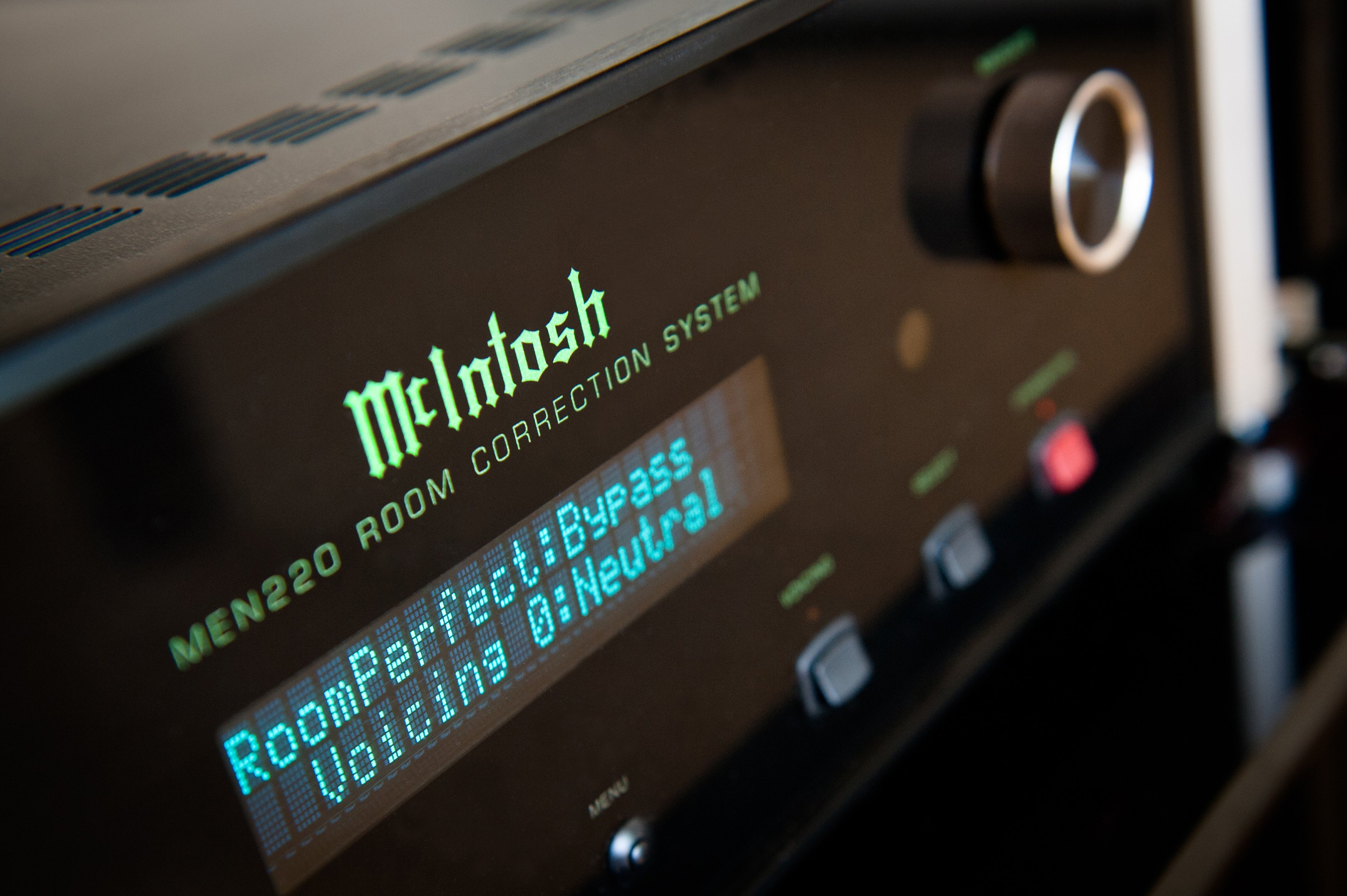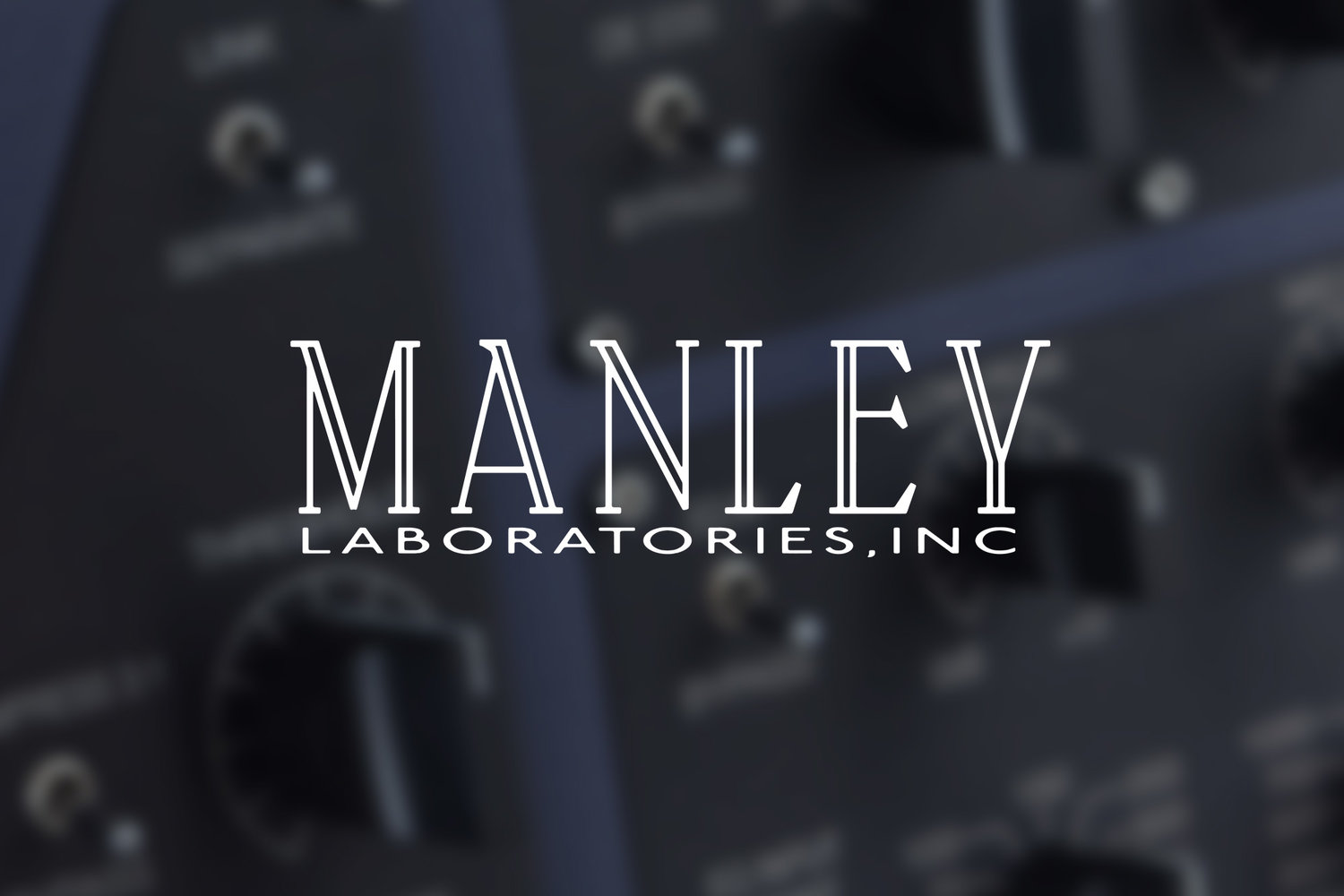I have always had a purist high-end audio philosophy which makes equalizers anathema to me in a high-end audio system. I have always felt that the fewer discrete electrical components an audio signal passes through, and the fewer entire boxes of components an audio signal passes through, the less adulterated is the signal, and the less transparency is sacrificed. (An example of this is many audiophiles' preference for passive TVCs over active line-stage preamplifiers.)
But is this correct -- when the audio signal is already passing through loads of discrete components and a handful of boxes (phono stage, line stage, amplifier) to get to the loudspeakers? And think about how many state-of-the-art loudspeaker systems (for example, Acapella, Avantgarde, Cessaro, Fyne (literally "contour" controls), Genesis Technologies, Von Schweikert Audio) have their own individual driver attenuators or to contour frequency response.
We (the collective hobby "we") spend so much time talking about rolled-off treble response, accentuated treble response, brightness, recessed or over-emphasized midrange, thinness or thickness in the upper bass to lower midrange, peaky moving-coil cartridges, plummy bass adulterating the frequencies above it, etc.
Is a high quality equalizer which would let you target surgically (high Q) one or more bands of the audio frequency spectrum to achieve a subjectively preferable or more natural overall frequency something that should be considered even in purest high-end audio circles?
My purest approach always has been that I would not give up one iota of transparency to achieve manual manipulation of the frequency response curve of the system. But maybe this is wrong? Maybe giving up one or two iotas of transparency to achieve what is subjectively for each of our systems our ideal frequency response is a good trade?
But is this correct -- when the audio signal is already passing through loads of discrete components and a handful of boxes (phono stage, line stage, amplifier) to get to the loudspeakers? And think about how many state-of-the-art loudspeaker systems (for example, Acapella, Avantgarde, Cessaro, Fyne (literally "contour" controls), Genesis Technologies, Von Schweikert Audio) have their own individual driver attenuators or to contour frequency response.
We (the collective hobby "we") spend so much time talking about rolled-off treble response, accentuated treble response, brightness, recessed or over-emphasized midrange, thinness or thickness in the upper bass to lower midrange, peaky moving-coil cartridges, plummy bass adulterating the frequencies above it, etc.
Is a high quality equalizer which would let you target surgically (high Q) one or more bands of the audio frequency spectrum to achieve a subjectively preferable or more natural overall frequency something that should be considered even in purest high-end audio circles?
My purest approach always has been that I would not give up one iota of transparency to achieve manual manipulation of the frequency response curve of the system. But maybe this is wrong? Maybe giving up one or two iotas of transparency to achieve what is subjectively for each of our systems our ideal frequency response is a good trade?
Last edited:


















